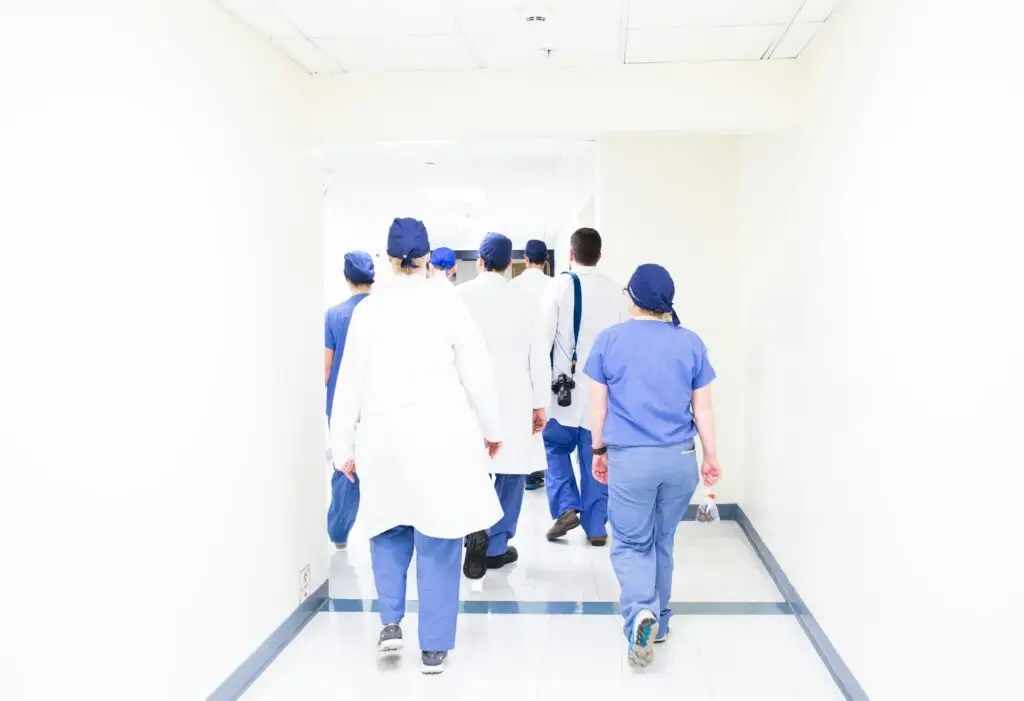A major step forward in early detection is underway: the Jreissati Pancreatic Centre at Epworth (Melbourne) and Pankind, Pancreatic Cancer Australia, have launched APRISE—a national high-risk pancreatic cancer screening program and registry. The program will evaluate how best to find pancreatic cancer earlier among people with increased risk due to family history or genetics and has already secured participation from leading hospitals across every Australian state and territory.
Why this matters: pancreatic cancer remains one of the deadliest cancers largely because it’s often diagnosed late. APRISE is designed to shift that timeline—catching disease earlier, improving treatment options, and ultimately saving lives. Importantly, the partnership also connects Australia to the Pancreatic Cancer Early Detection (PRECEDE) study, a global consortium based at UC San Diego with 30+ international sites. This expansion strengthens the shared data and screening protocols that PRECEDE exists to develop, accelerating discoveries that benefit patients worldwide.
Pankind will contribute $500,000 over five years to support the study and has introduced a quick Family Risk Checker (about three minutes) to help Australians understand their personal risk and next steps. As APRISE enrolls high-risk individuals nationally, PRECEDE’s global network will integrate those data to refine who should be screened, when, and with which tools—core questions at the heart of preventing late-stage diagnoses.
What you can do:
-
If you are in Australia and have a family history or known genetic risk, consider using Pankind’s Family Risk Checker and speak with your clinician about APRISE.
-
Wherever you live, support research and education efforts that advance earlier detection. Progress happens faster when health systems and nonprofits work together across borders—exactly what this Australia–PRECEDE collaboration is designed to achieve.




